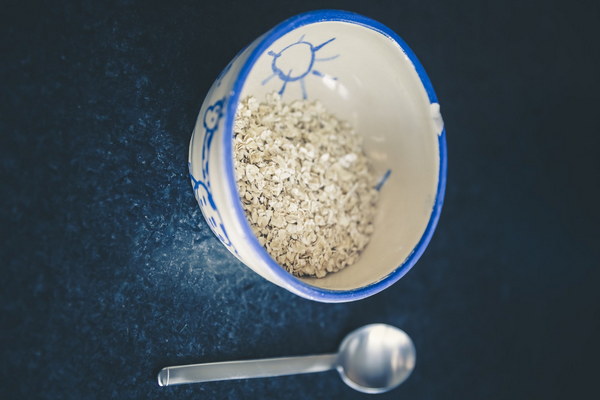Can Acupuncture Learning Help Eliminate Dampness in the Body
Introduction:
Dampness is a common term in traditional Chinese medicine (TCM), referring to the accumulation of dampness in the body, which can lead to various health issues. Many people turn to acupuncture, a key component of TCM, as a potential solution to alleviate dampness. This article explores whether learning acupuncture can indeed help eliminate dampness in the body.

1. Understanding Dampness in TCM:
In TCM, dampness is considered a pathogen that affects the body's balance and harmony. It can be caused by factors such as excessive moisture in the environment, poor diet, and insufficient exercise. Dampness is believed to accumulate in the body, leading to symptoms such as fatigue, weight gain, poor digestion, and joint pain.
2. The Role of Acupuncture in TCM:
Acupuncture is a traditional Chinese medicine practice that involves inserting fine needles into specific points on the body. It is believed to stimulate the body's natural healing processes and restore balance. Acupuncture is often used to treat various health conditions, including dampness-related issues.
3. Can Learning Acupuncture Help Eliminate Dampness?
Yes, learning acupuncture can potentially help eliminate dampness in the body. Here's how:
a. Identifying Dampness: By learning acupuncture, individuals can gain a deeper understanding of TCM and its concepts, including the identification of dampness symptoms. This knowledge allows for early detection and intervention, preventing dampness from worsening.
b. Treatment: Acupuncture therapy can be customized to address dampness by targeting specific acupuncture points that are believed to eliminate dampness and promote the flow of Qi (vital energy) in the body. These points are typically located in areas where dampness accumulates, such as the lower back, abdomen, and legs.
c. Balancing Body and Mind: Acupuncture is not only a physical therapy but also a mental one. By promoting relaxation and stress relief, acupuncture can help improve overall health and balance the body's internal environment, thus reducing dampness.
d. Complementary Therapies: Acupuncture can be combined with other TCM practices, such as herbal medicine, dietary changes, and exercise, to further eliminate dampness. Learning acupuncture can provide individuals with the knowledge to integrate these complementary therapies into their treatment plan.
4. Benefits of Learning Acupuncture for Dampness:
a. Self-treatment: Learning acupuncture allows individuals to self-treat dampness-related issues, providing them with greater control over their health and reducing reliance on conventional medicine.
b. Professional Opportunities: Acupuncture is a growing field with a high demand for qualified practitioners. By learning acupuncture, individuals can pursue a career as a licensed acupuncturist, helping others manage dampness and other TCM-related conditions.
c. Personal Development: Acupuncture learning can enhance personal growth and self-awareness, as it requires a deep understanding of the body, mind, and spirit.
Conclusion:
Learning acupuncture can be an effective way to eliminate dampness in the body. By understanding the principles of TCM and mastering acupuncture techniques, individuals can identify, treat, and prevent dampness-related health issues. Additionally, the benefits of learning acupuncture extend beyond dampness treatment, offering personal development and professional opportunities.









